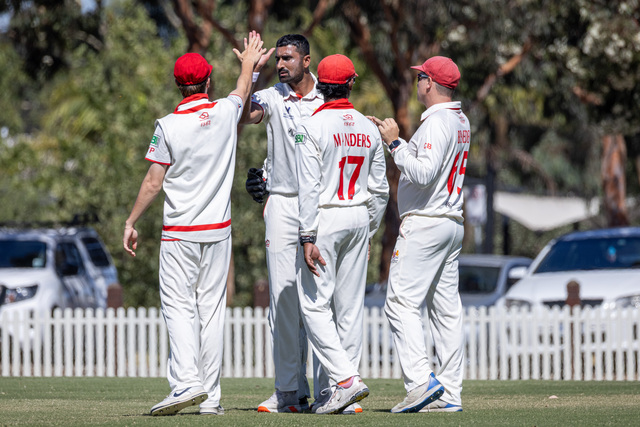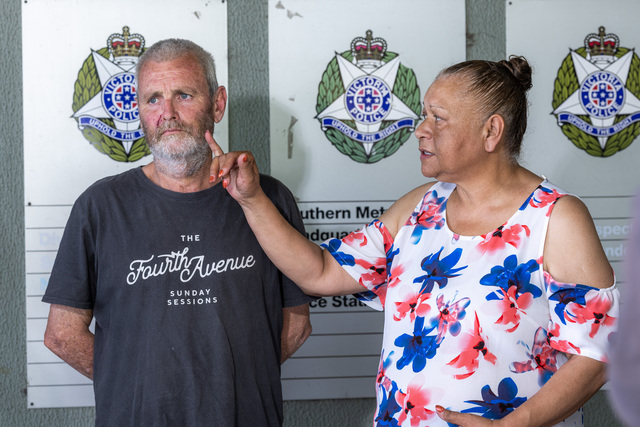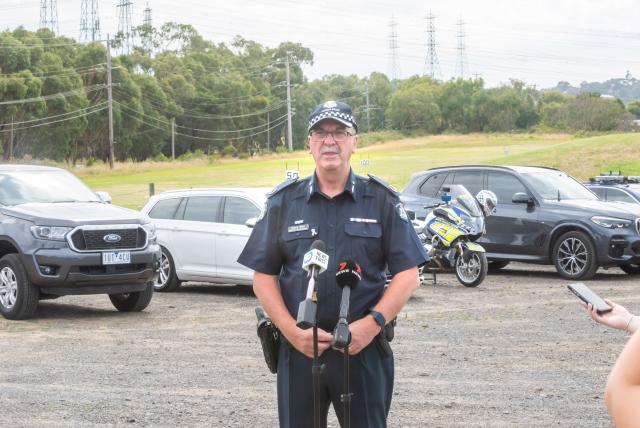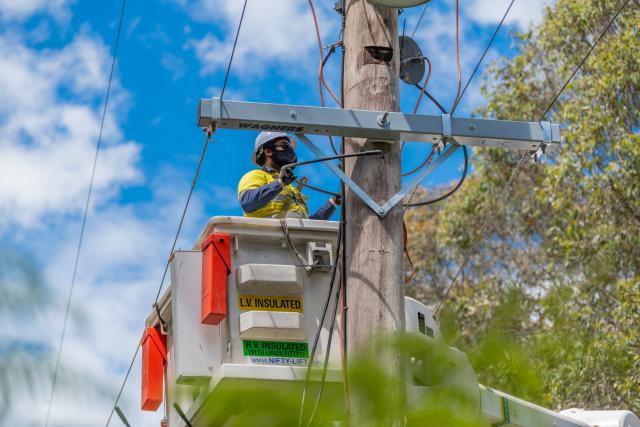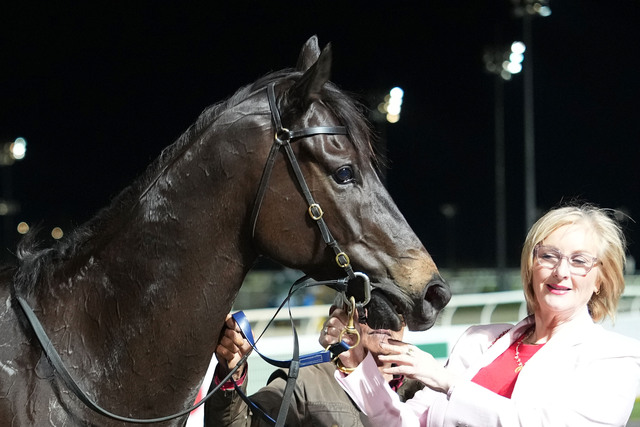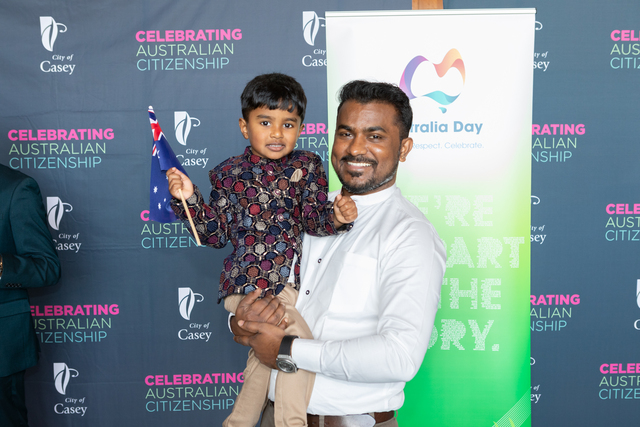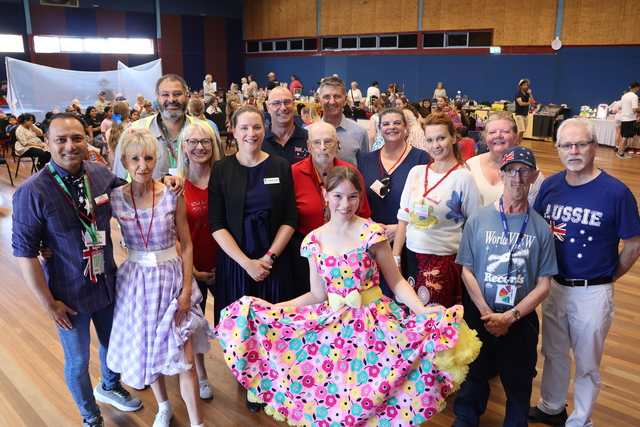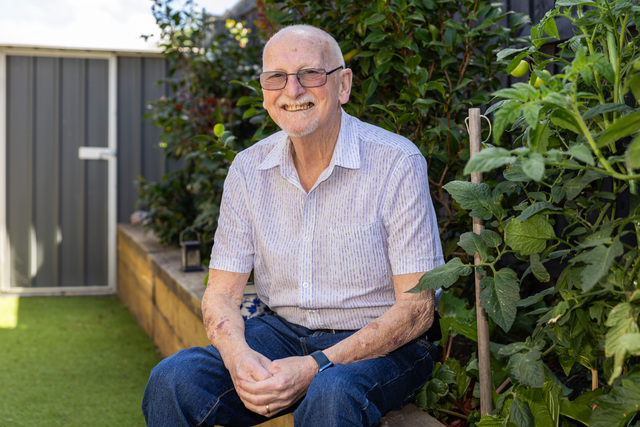An Afghan refugee, now residing in Dandenong is seeking help to publish his book about the challenges faced by his generation, following the return of the Taliban in 2021.
Former journalist and senior official in Afghanistan’s Attorney General’s Office, Mohammed Asif Fayaz, fled the country shortly after Kabul, the capital of Afghanistan, was taken over by Taliban forces in August 2021.
In Afghanistan, Fayaz held multiple senior roles, including Head of the Information and Public Relations Department and Head of Appeal Prosecutor in Ghazni province.
He said his work made him a target under the Taliban.
“When the Taliban entered Kabul, all I was thinking about was how to get my family out,” he said.
He sent his family to Quetta in Pakistan first, worried his company would put them at risk.
He later followed them in disguise, with the help of a smuggler to cross the border.
Fayaz and his family sheltered in Mosques and temporary refuges for over three years, but Fayaz remained a target.
“Even while in Pakistan, the threats from the Taliban continued through WhatsApp messages asking me to return to Afghanistan. They threatened me and said that I would not be eligible for the pardon of the leader of this group,” he said.
Finally, with the help of the UN refugee agency, through the United Nations High Commissioner for Refugees, (UNHC), he and his family were resettled in Australia in Dandenong.
They had spent over three years in Pakistan, Fayaz even arrested once for illegally residing in the country.
Fayaz’s book, Exile in Hope: A Narrative of the Dreams and Struggles of the Hazaras in Afghanistan, is filled with ten autobiographical and community-based stories describing life before and after the Taliban’s return.
The stories depict Fayaz’s experience of discrimination, forced displacement, threats to freedom of expression, and the denial of educational opportunities, particularly for women and girls.
“I wrote the book when the girls in my village were again deprived of school when the Taliban returned,” he said.
One of his stories is about a case of an alleged sexual exploitation of a Hazara girl, and attempts to suppress the investigation.
Another recounts efforts by his family to establish a girls’ school in their village in their home, and his own struggles with poverty during his education.
“When I was 17, the girls had no schools in our village, so I, with a small motivated and optimistic team, established a school for them. I turned our house in the village of Lakhshak Haider into a school,” said Fayaz.
Fayaz is now seeking support to have the book translated and published in English.
He hopes to inform a broader audience of the conditions faced by Hazaras in Afghanistan and the ongoing impact of political instability and ethnic discrimination.
“We feel relaxed and grateful to be [in Australia]. My life was in danger in Afghanistan, but Australia helped us and my family is safe.
“Now I can tell the story of my people’s misfortune. In my country, people don’t have this right, and no one can tell the truth. I want people in Australia and the world to know us through our true stories,” said Fayaz.


